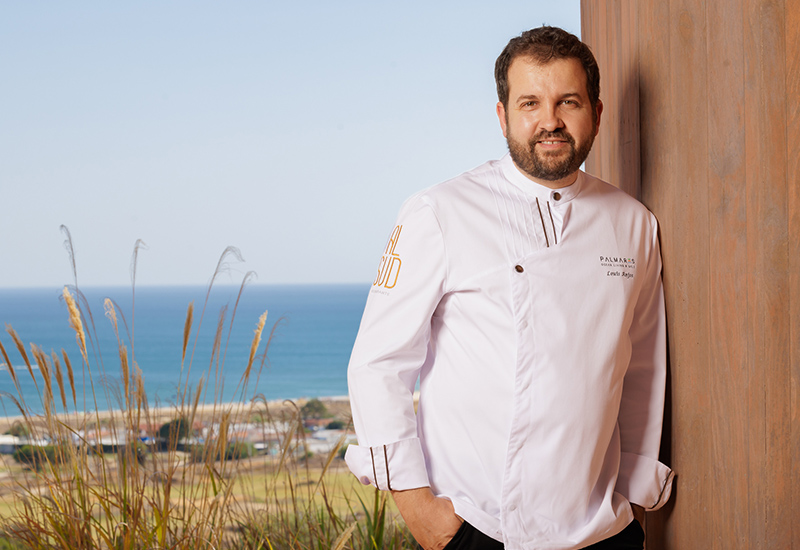By James Plaskitt
In one of its final actions before being dissolved ahead of next year’s general election, the National Assembly passed a law providing for doctor-assisted dying. This was the second attempt of the year, after the Constitutional Court rejected the first draft. But this second attempt still faces obstacles before making it into statute.
The outgoing National Assembly, with its centre-left majority, first passed a measure permitting doctor-assisted dying last January. But the President – a Catholic with reservations about the initial drafting – referred it to the Constitutional Court. By a narrow majority, they agreed with the President, and accepted that the law was too vague, and so required the Assembly to redraft sections.
The result was a substantially revised law, passed in November, just before the Assembly was dissolved. If the measure eventually makes it onto the statute books, it would make Portugal the fifth EU country – after Belgium, Luxembourg, Netherlands and Spain – to make this provision.
The measure is contentious, with the Catholic church and some medical groups expressing concerns about the proposed measure. Opinion polling suggests the measure is supported by around 60% of the population, a smaller majority than in those countries that have already made the provision.
The new proposed law is also more widely drawn than in other countries. It envisages that doctor-assisted dying may be accessed in any of three circumstances, in the case of:
- Serious or incurable disease which is deemed to be in a progressive stage and which is incurable or irreversible and which is causing intense suffering
- Injury of extreme severity, which is definitively and widely disabling and where there is no prospect of cure or significant improvement
- Physical, psychological or spiritual suffering arising from serious or incurable disease
The proposed law is very detailed on the process that would have to be used to access doctor-assisted dying.
The process must begin with a written request from the applicant, or from their representative.
At the next stage, the applicant’s physician must present the patient with a full list of their medical options, including palliative care. After studying the list, the applicant must again affirm in writing that they wish to proceed. If the physician disagrees, the application will fail.
If the patient’s physician agrees, the application is referred to a second independent physician, who must issue an opinion in writing. This physician can again cancel the process if they do not support the application or refer it for psychiatric assessment if they are concerned about the applicant’s competence.
If the application clears all the first stages, it is then referred to a medical committee, who can approve the application, cancel it, or order it to restart. If the committee agrees with the application, patient assent is again required.
At the final stage, the law requires that the administration of lethal drugs must be done in the presence of independent witnesses.
Portugal’s draft law is thus potentially wider in its scope of application but arguably tougher in its safeguards than those in other countries.
Under Portugal’s constitution, the law has to go to the President of the Republic for approval. He can either promulgate it, veto it, or refer it to the Constitutional Court. President Marcelo de Sousa has already used the last device, and the decision of the Court to ask for alterations passed only narrowly. The Assembly sent the revised law to the President at the end of November. The President announced on November 30 that he had also decided to veto the revised law, arguing that there were still inconsistencies in its wording.
This, in effect, pushes the whole debate over to the new Parliament, to be elected on January 30.
It will be some time before we know whether Portugal will be joining the list of EU countries providing for doctor-assisted dying.
James Plaskitt was an MP in Tony Blair’s government in the UK. He is now retired in the Algarve.














